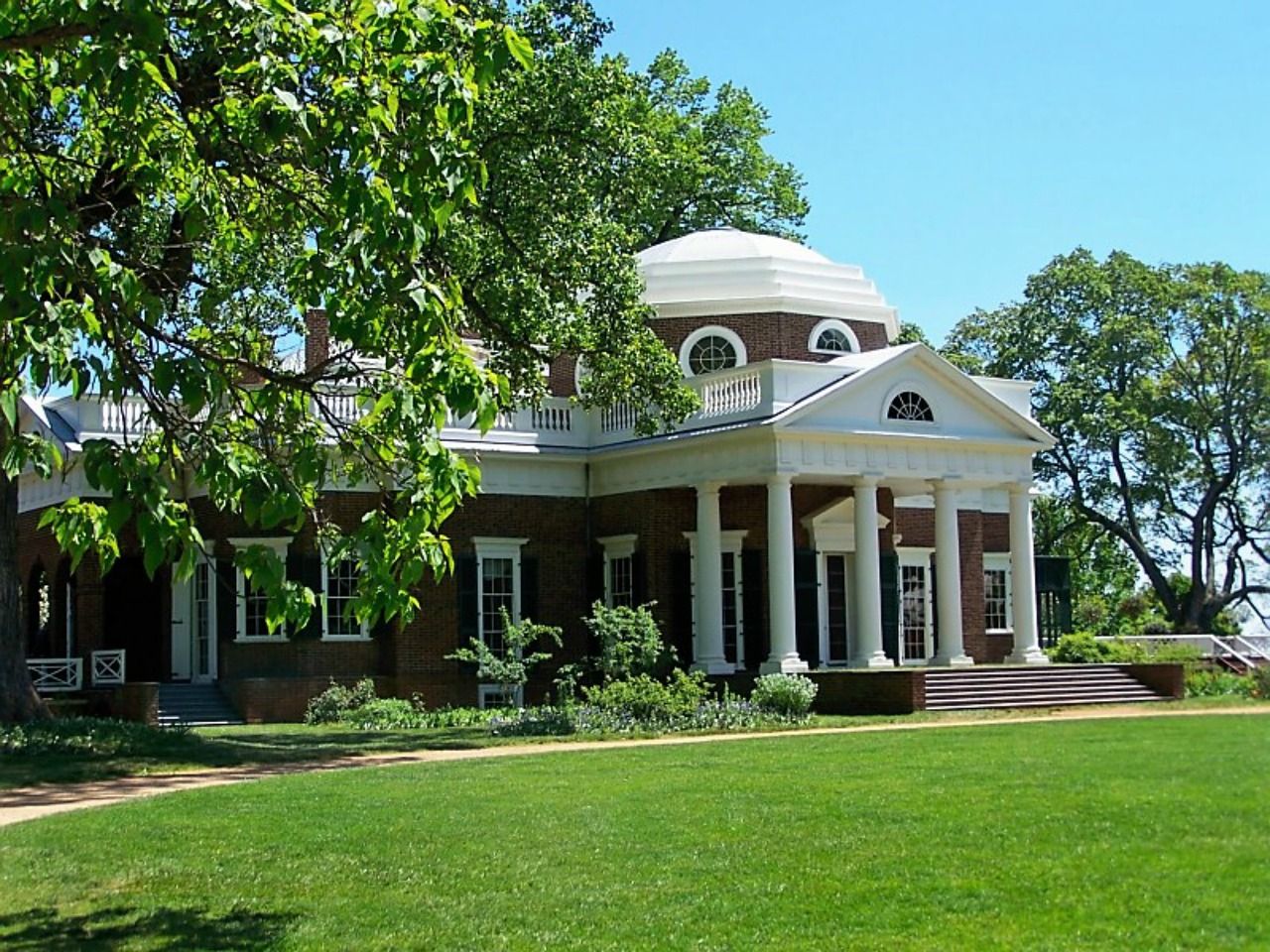| I am in the process of applying for next summer's teacher institute at Thomas Jefferson's Monticello. The application process is pretty thought-provoking, and it has taken a while to prepare my responses to some of Monticello's questions. Outside of a two-page resumé and some logistical information, the questions range from research, to personality and collaboration, to usage of materials. The first question (My response follows.): Monticello is committed to the study and teaching of difficult history. Give an example of how you approach a challenging topic (i.e. race, religion, gender, politics) with your students. |
Thomas Jefferson pooped. It might be a strange way to address the issue in question, but I believe it illustrates my answer well. When I consider controversial history, I realize there are complexities as play. The figures in history are often larger than life, and when students realize that they are human – that they pooped, too – it helps to understand their thought processes, their decisions, their mistakes, their flaws, and their solutions.
There are many paradoxes involving the founding generation. The question of how the esteemed Thomas Jefferson could declare that all men are created equal while owning a plantation full of slaves is one that can be difficult to square. Without a doubt, it was a dilemma for our third president, as well.
I approach difficult subjects with truthfulness. The imperfections and mistakes of people like Thomas Jefferson allow us to discover trails to our own success. Such a trails are blazed through forests of trial and error, tangles of failure, and finally achievement – much like the manner in which I teach math and science.
The founders used mistakes as stepping stones to significance. When Thomas Jefferson grappled with slavery and equality, it is a testament to the idea that problems – even everyday complications – do not always have simple solutions. That is a concept that I can promote with fourth graders.
Controversial history injects struggle into learning. Students wrestle with material and with each other to form their own informed opinions on matters that were not only issues in the past, but matters that emerge in current events, as well. The old, romantic approach to our founders was flawed and made them out to be superheroes – cold, unapproachable and inhuman.
I do not believe in making things easy for my students. When we discover a controversial topic such as tearing down statues of historical icons based on the individual’s perceived beliefs, we conduct a classroom discussion and try to understand both sides of the controversy. We find common ground. We find that we didn’t understand the complete argument before “taking sides”. We also find that we can disagree while still being civil with one another.
If I am serious about molding future thinking, voting, and functioning adult citizens of the United States, I must then be serious about instilling the skills of problem-solving, compassionate conversation, honest and respectful researching, and perseverance. My students should leave the classroom not as entitled victims who need other people to solve their problems; they should instead depart as creative, critical thinkers, ready to blaze trails through difficult territory.
Times have changed. Today, students can relate to Jefferson, because Jefferson was just as complicated as they are. He debated with himself the merits of slavery. He weighed his options in the salty waters of the world. He fathered outside of wedlock. He pooped. So what? Those are the things we can look at with eyes that are prepared to understand that, because Jefferson and others endured problems and survived their mistakes, so can we.








































